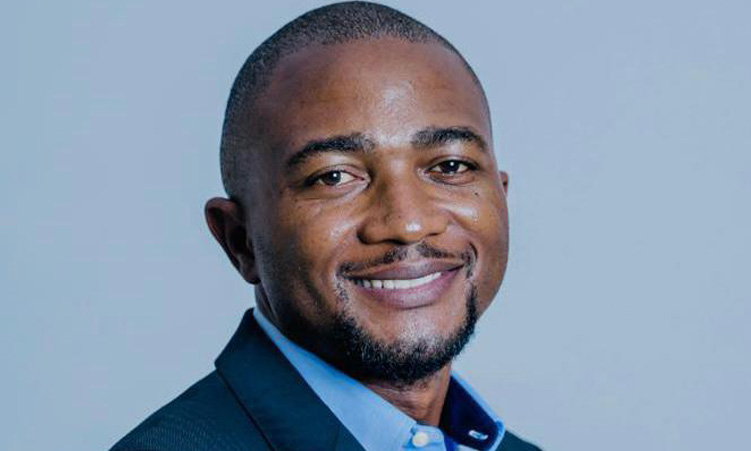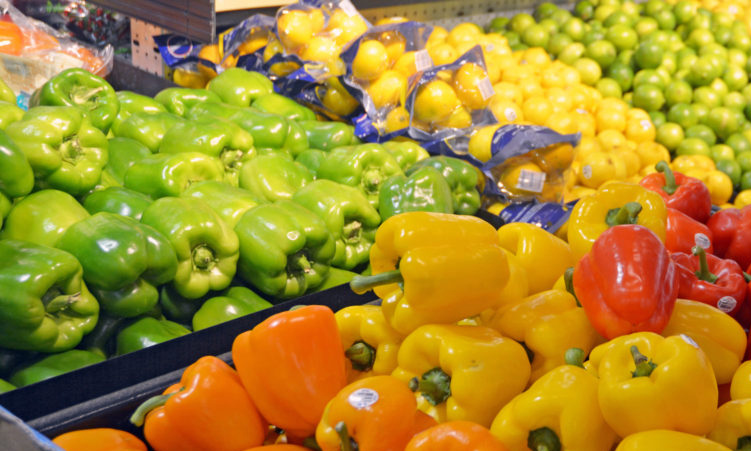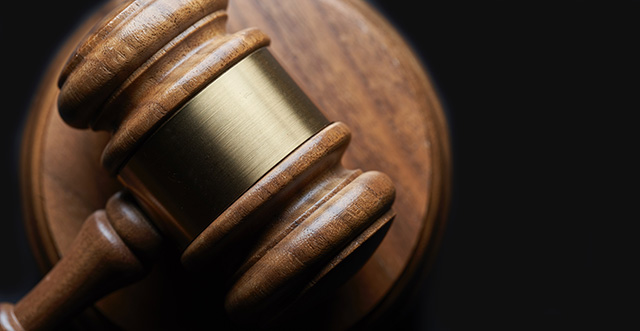The philosophically unexamined life is not worth living, the Greek philosopher Socrates once remarked.
It may equally be that philosophically unexamined politics is not worth practising.
Throughout the democratic world, the path to political power is exclusively through a political party, which remains the main organising principle in modern politics.
Namibia’s opposition parties are marred by political promiscuity, factionalism, internal conflicts and a perennial struggle for power.
As we gear up for the 27 November elections, the electoral playing field would appear fertile for opposition parties to get rid of Swapo’s arrogance and policy incompetence.
However, voters need to ask: What possible call for my support are opposition parties making? How different are they from those in power?
Most Namibians perceive democracy in instrumental terms – through the microscope of whether economic and social goods are delivered.
This includes access to education, meaningful employment, quality healthcare, potable drinking water, and food security.
VULNERABILITIES
Swapo is struggling to justify why they should be returned to office, except for vacuous statements such as ‘prosperity for all’ and ‘Swapo will rule until Jesus comes’.
Perhaps, unbeknown to them, Jesus descended on the Namibian scene in 2019 and 2020 and significantly reduced their electoral fortunes.
Despite Swapo’s self-inflicted wounds, no single opposition party appears strong enough to dislodge it.
In fact, fragmentation among the opposition favours a Swapo return to office.
While not unique to Namibia, a weak opposition undermines the salient tenets of democracy such as holding a governing party accountable for the execution of their state functions.
Considering the fragmentary nature of opposition politics, political logic would suggest the opposition will not be able to take advantage of the governing party’s vulnerability.
To salvage multiparty democracy from the wreckage of the governing party the small, preeminently ethnic parties need to negotiate a way to work together to build a stable coalition and an organisationally and ideologically coherent political space .
This space should not be based on egos, personality cults, or self-glorification.
Nor should its leadership revolve around one or two individuals, otherwise it risks being a private dwelling that will implode over time.
As a young democracy, and as William Gumede argued in The Namibian (17 May), “the only incentive for African governing parties to become accountable and deliver for the people is if they face the prospect of losing power”.
QUESTIONS THAT NEED ANSWERS
But for Swapo to lose, someone has to gain. The billion-dollar question is ‘who’?
It is instructive that none of the opposition parties have an equivalent party structure, funding or the electoral support of Swapo.
They are weak because Swapo is a strong brand, albeit wounded with a severe image problem.
For democratic consolidation (if Swapo loses power and accepts defeat) to occur in Namibia, an organised coalition of opposition parties premised on policy convergence needs to take root, unlike the organised chaos that prevails at the City of Windhoek municipal council.
In opposition politics, it appears that the appearance of competence is more important than evidence of it.
The constant desire to say something is often conflated with having something to say.
Grand posturing permeates our body politic and will continue to do so for as long as politics is perceived as a lucrative undertaking that provides an avenue to accommodate the functionally illiterate and rejects of society.
Worldwide, politics around the world is a game of numbers. If you have the numbers, you win. If you do not, you lose.
PROSPECTS
As American political scientist Francis Fukuyama reminds us, elections themselves do not guarantee good policies or outcomes.
Rather, he argues, they provide an opportunity to hold leaders accountable for policy failures and to reward them for perceived successes.
If one used the 2019 election results as a yardstick of the opposition’s potential to remove Swapo from power, what are the prospects of doing so on 27 November?
Of the 826 198 people who voted in the presidential election, Swapo’s Hage Geingob garnered 464 703 votes (56.3%).
The IPC’s Panduleni Itula came second with 242 657 (29.4%). Altogether, the votes for the 10 opposition presidential candidates came to 361 495 (43.7%).
Even then, a collective vote for one opposition presidential candidate would not warrant a run-off and Swapo would still win.
Yes, the political dynamics were different but the reality of 20 presidential candidates this year begets the inevitability of a ‘spoilt ballot’ for any candidate who doesn’t stand a chance of being elected president.
What are the chances that PDM leader McHenry Venaani’s share of the vote will go up from 43 959 (5.3%) to 30%? Or that LPM’s Bernadus Swartbooi’s share will rise from 22 542 (2.7%) to 15%?
Is this perhaps the cost of multiparty politics?
Even though Swapo is dysfunctional, the opposition needs to earn the right to govern.
- * Rui Tyitende is a political scientist based in Windhoek
Stay informed with The Namibian – your source for credible journalism. Get in-depth reporting and opinions for
only N$85 a month. Invest in journalism, invest in democracy –
Subscribe Now!






